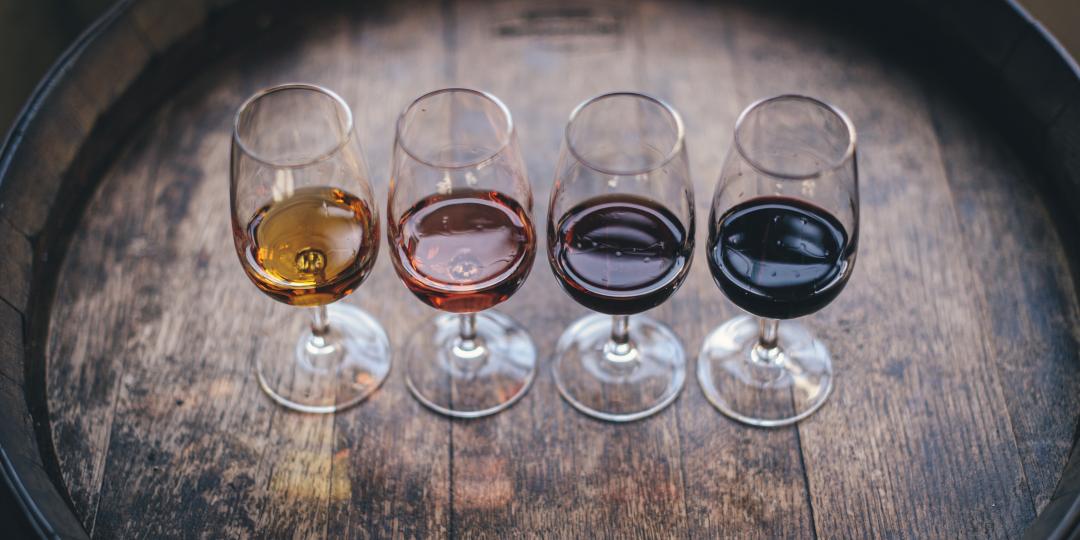Technology has been key to the survival of many businesses across a number of industries since the COVID-19 pandemic closed borders of many countries but will it work for the wine tourism industry?
This was one of the topics discussed during ‘The Future of Wine Tourism’ webinar hosted last week by destination management and tourism marketing agency, Destinate. Founder of Destinate, Mariëtte du Toit-Helmbold, hosted 26 panellists in six sessions.
Across the globe, different strategies have been implemented to keep the wine industry alive amid the COVID-19 pandemic. Portuguese wine expert, Andre Ribeirinho, explained that in Portugal the wine industry had worked together to create a virtual Portugal Wine Week event for trade and industry within a matter of days.
CEO of La Motte and Leopard's Leap wines, Hein Koegelenberg, said wine brands would need to collaborate to offer guests a diverse and enticing experience. “The model should be increasingly inclusive and accessible..
“Partner with local restaurants and chefs, put together virtual tasting and food experiences that are fun and interactive and build closer relationships with local guides and tour operators.”
Author of SpitBucket, Amber LeBeau, has created Virtual Wine Events. “It’s more than wine tasting, it’s webinars with different wine brands on various topic. It’s completely free and we encourage people to engage on wine-related topics with the experts.”
Director of Platypus Digital, Stanley Edwards, said the domestic market had been made ready for virtual wine tasting by the pandemic and businesses needed to use virtual reality as a story-telling tool. “Virtual reality has changed immensely over the years and we have done virtual reality theatres for clients to visit wineries,” he said.
“It’s important to make VR interactive and not just a simple viewing tour. We recently did a virtual reality Easter egg hunt of 18 wineries in the Western Cape.”
Co-founder of Lived Experience, Thobeka Mthembu, said wine tourism businesses would need to focus on the domestic market in the long term and tell their stories to appeal to this market.
“Tailor-make it by allowing the story to be told in our different languages and from unusual and people’s personal perspectives. The farmworker’s voice, for instance. I would love to hear what wine has done for them,” said Mthembu.
“Also allowing every South African who loves wine or has recently discovered the joy of wine to share their story, without fear of sounding stupid or saying the wrong thing.”
























